Description
L-Methionine (VitaChem Brand)
We offer L-methionine which is the result of CJ BIO’s unmatched innovative competence of developing a large scale fermentation-based L-methionine production for the first time in history.
L-methionine is an essential amino acid that is very important for animals.
It is the 1st limiting amino acid in poultry and aqua feeds, and the 2nd limiting amino acid in swine feeds.
Note that the order of limiting amino acids can differ depending on the environment or feed ingredients.
Baby animals love L-methionine: Secretion and activity of the enzymes required for converting D-Met to L-Met are deficient in young animals. Therefore, L-Met is the only biologically functional form of methionine readily utilized by the intestinal cells of young animals.
Order Of Limiting Amino Acids In Diet
L-Methionine VS DL-Methionine
DL-Met is produced by a synthetic process, while L-Met is produced by a fermentation process.
L-Met is a key in utilization for intestinal development and digestive tract due to the higher bioavailability than DL-Met.
DL-Met must be converted to L-Met to mobilize in the body.
Functions of L-methionine
L-Methionine not only serves as a constituent of skeletal muscle protein but also optimizes the development of digestive tract and growth performance.
The physiological function of L-methionine includes antioxidant effect, heat stress reduction, fatty liver inhibition, and liver detoxification because of the metabolic products like glutathione.
Furthermore, it has a function of optimizing muscle mass, feather development, and maintaining egg production in animals.
It enhances optimization for good health in the following ways:
Optimizing animal productivity
Optimizing gut health
Optimizing immunity
Optimizing antioxidant activity
Why young animals need L-methionine
In order for D-amino acids to be oxidized in vivo, they first must be absorbed from the intestine, enter into the bloodstream and be transported to the liver and kidneys. Research showed that the expression of the enzymes that do this is very low for young animals.
Therefore, L-Met is the only biologically functional form of Met readily utilized by the intestinal cells of young animals.
The growth and development of the gastrointestinal tract require a variety of functions of amino acid metabolism, including protein synthesis, cell signalling, antioxidative function, and immune function.
Methionine is also a precursor for cysteine, which plays a key role in maintaining protein function and redox status. In addition, Met serves as an indirect precursor of taurine and inorganic sulfur, which are also major cellular antioxidants.




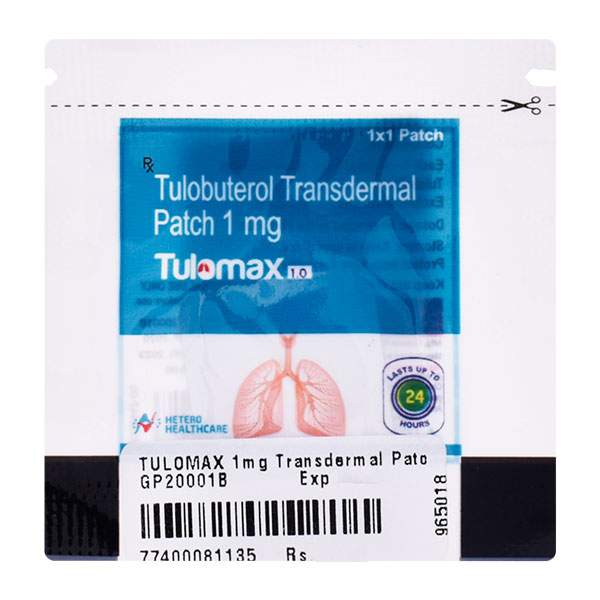
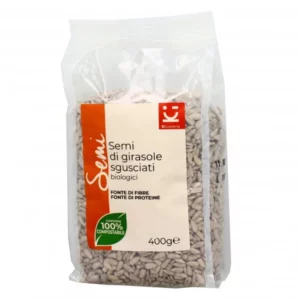
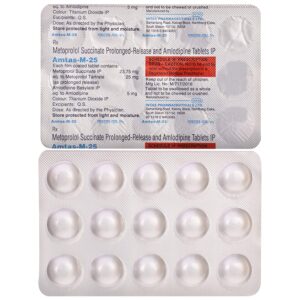

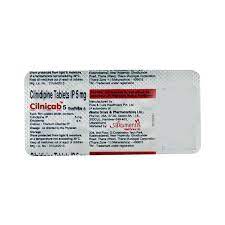



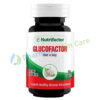




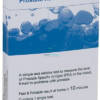

Reviews
There are no reviews yet.